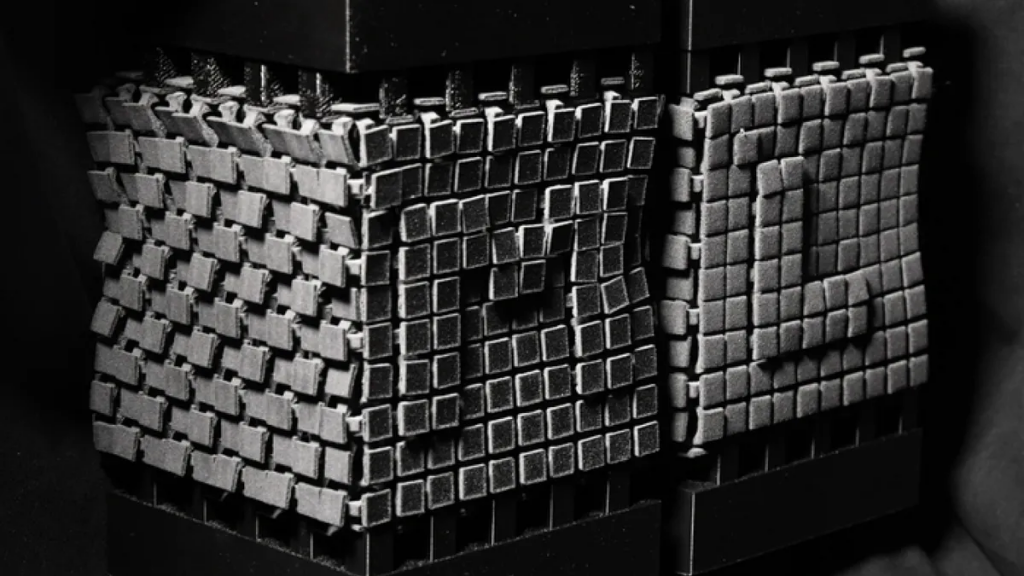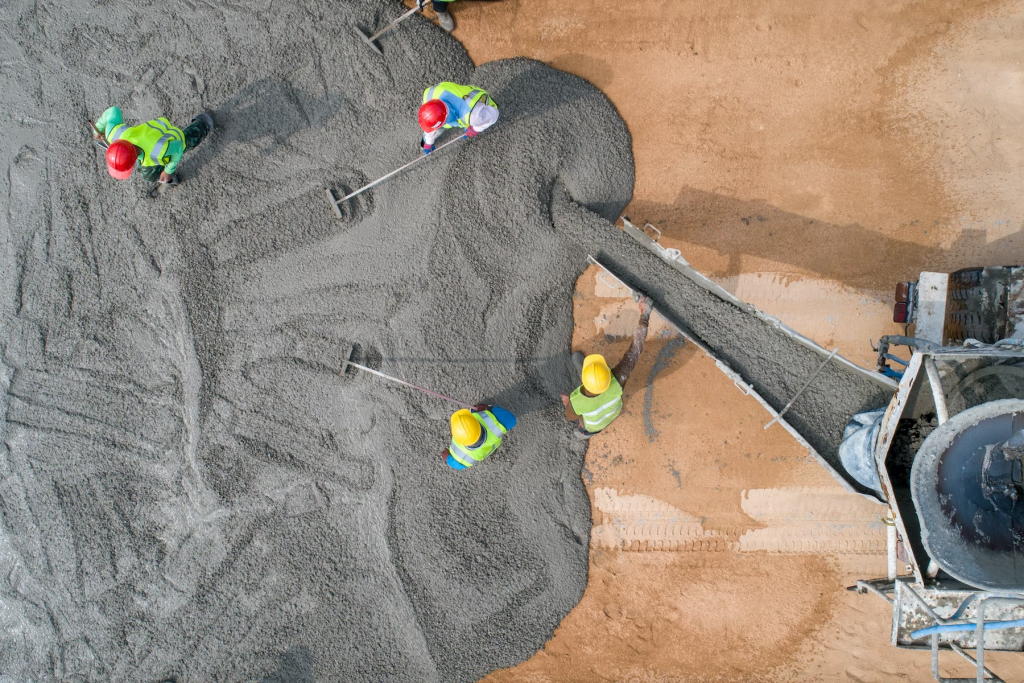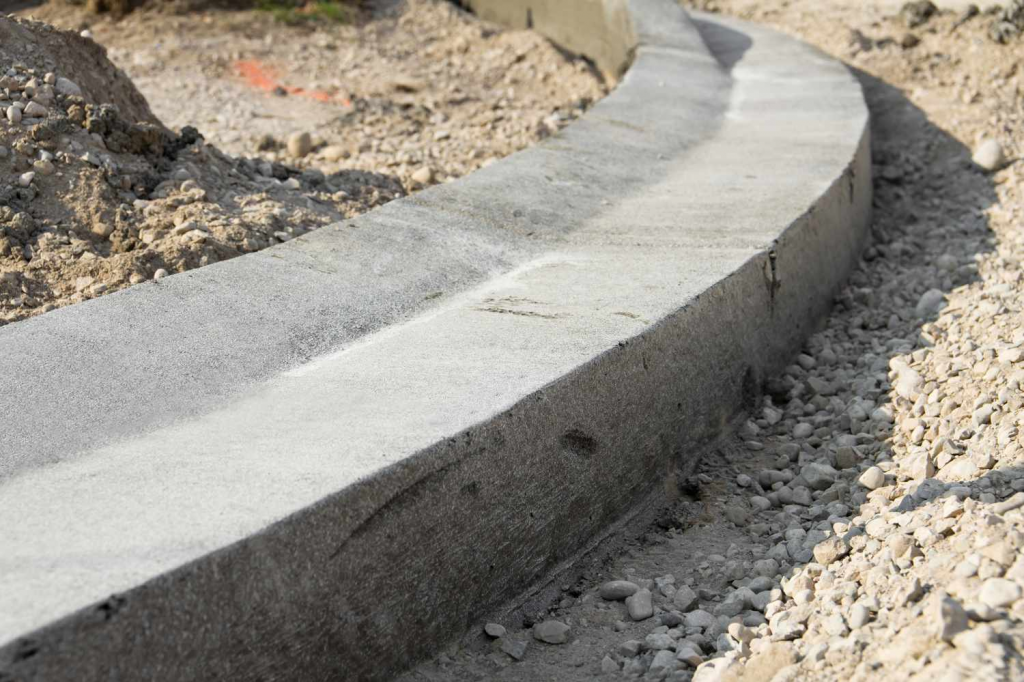Researchers at the University of Pittsburgh have created a new type of concrete that could transform the way builders construct smart, civil infrastructure systems. The concrete is called metamaterial concrete and is engineered to be more economical, environmentally sustainable, and feature advanced functionalities.
The material is made of “auxetic polymer lattices embedded in a conductive cement matrix,” which allows the builders to use less of the material without sacrificing strength or longevity. It can also alter its brittleness, flexibility, and shapeability.

“Such lightweight and mechanically tunable concrete systems can open a door to the use of concrete in various applications such as shock-absorbing engineered materials at airports to help slow runaway planes or seismic base isolation systems,” said Amir Alavi, assistant professor of civil and environmental engineering at the University and the author of the study.
The material has the capability to compress up to 15% under pressure and produce 330 ?W of power. The metamaterial concrete is the first composite material to have compressibility properties and energy harvesting capabilities.
The “electrical signals self-generated by the metamaterial concrete under mechanical excitations can also be used to monitor damage inside the concrete structure or to monitor earthquakes while reducing their impact on buildings.”

Researchers hope that these smart structures will help further autonomous driving as the material can power “chips embedded inside roads help self-driving cars navigate on highways when GPS signals are too weak, or LIDAR is not working.”
According to researchers, the massive use of concrete in infrastructure projects implies the need for developing a new generation of concrete materials that are more economical and environmentally sustainable. The use of concrete in construction has been followed for hundreds of years since its creation by the ancient Romans.

The study related to the research, titled Multifunctional Nanogenerator-Integrated Metamaterial Concrete Systems for Smart Civil Infrastructure, was published in the journal Advanced Materials.
The team aims to achieve its goals by introducing a metamaterial paradigm into developing construction materials for advanced use-case scenarios.


